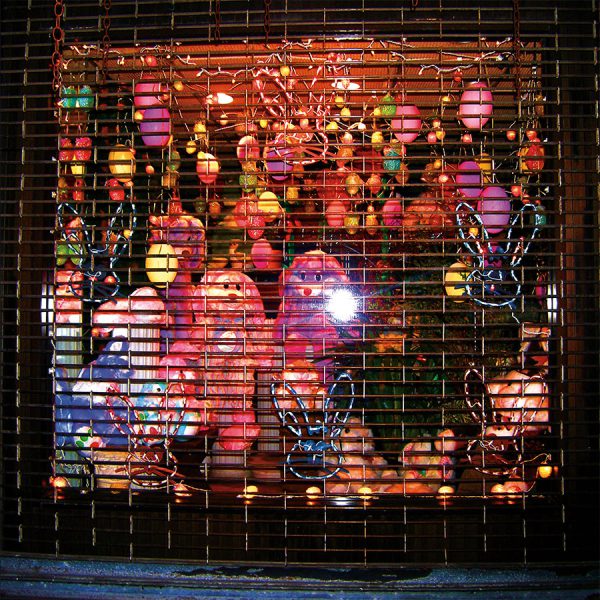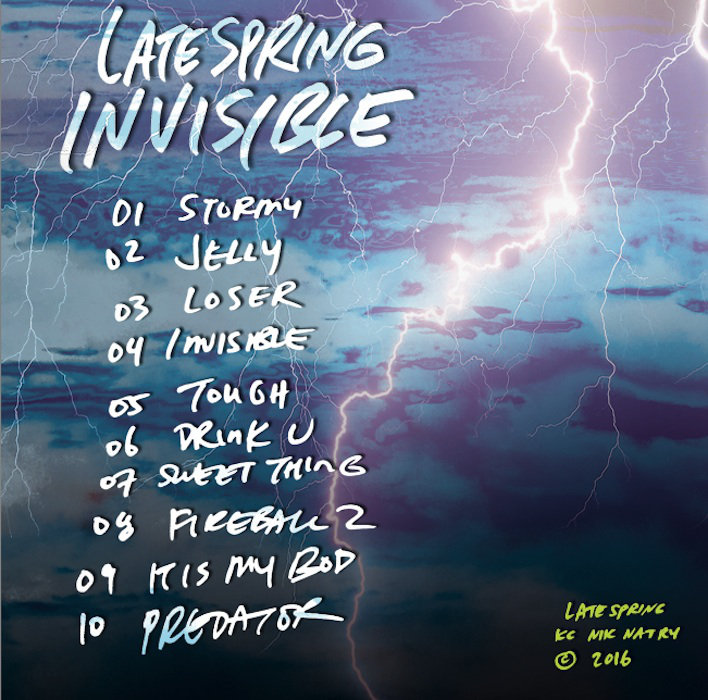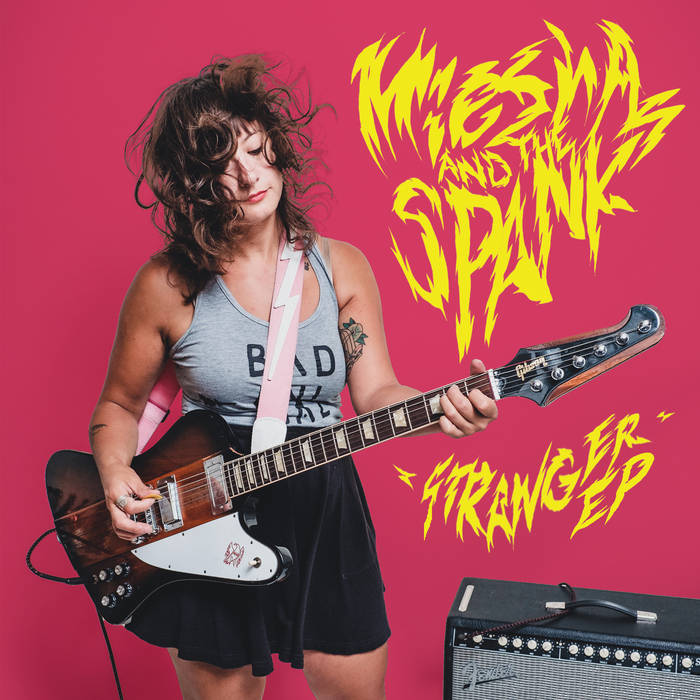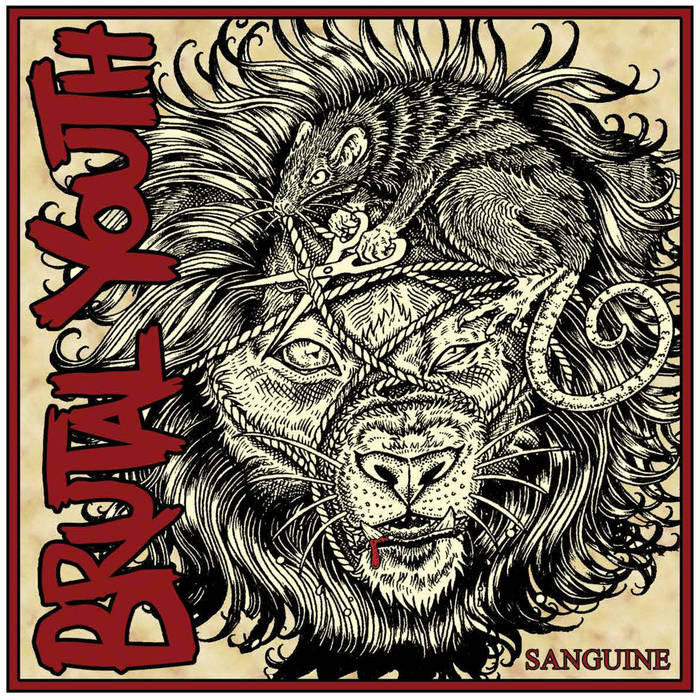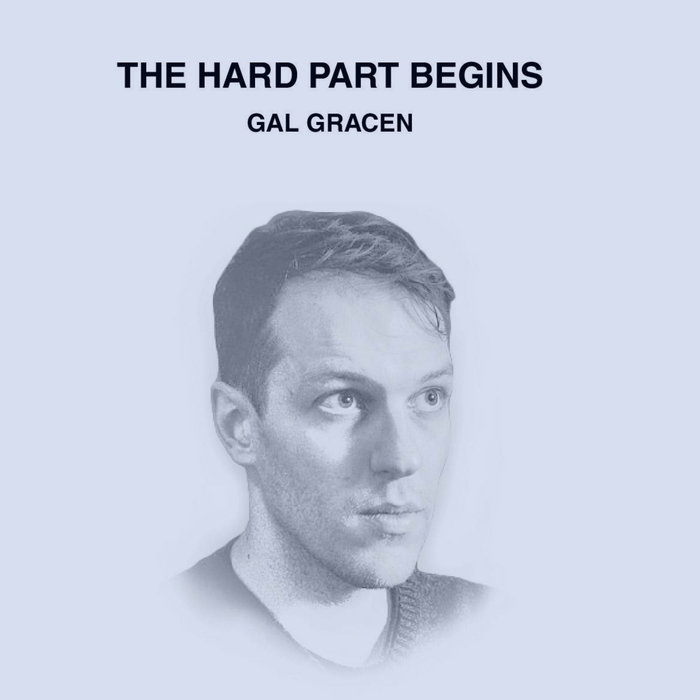On the eve of a storm, I sit on a roof and watch as a blanket of clouds cover the city. Piping through my headphones, Cyrillic Typewriter plays. The skyscrapers become lost in a pearly opacity and things seem blunted. This is the end of warmth. As the song “Slicing the Black Wave 3” hums in my ear, I feel cut off and small. Music can be abstract without being emotionless.
Helmed by Jason Zumpano and accompanied by fellow Destroyer alumna Scott Morgan (Loscil), Nic Bragg, and Terri Upton (Frog Eyes), Cyrillic Typewriter take cues from experimental predecessors. George Crumb’s Black Angels and Arvo Pärt’s Fratres, for example, both capture a similarly bleak mood without any vocalization or even an adherence to structure. On Black Angels, Crumb utilizes silence as a way to link discordant sounds. As a result, the listener is kept in constant suspense, forfeiting to the ebb and flow of something larger than oneself.
Midway through the piece, for example, a piano shudders out a few solitary notes. But where Crumb shuns coherent climax, Part embraces it, choosing to lead the listener along.
The contrast between these kinds of orchestral and compositional tools inform Vancouver’s Cyrillic Typewriter on their most recent outing, Your True Emblem. As a result, this release goes beyond the cheap crescendos that mar contemporary Post-Rock (à la Explosions in the Sky). Rather than a cacophonous increase in volume, Cyrillic Typewriter conveys emotion through subtle sonic interplay. On tracks like “The Jeer,” for instance, the cutting sneer of a bowed guitar becomes interlaced with electric piano. Both grim and ethereal, these two instruments seem at odds with one another. But they soon become inseparable, weaving in and out of each other till a complex tapestry is formed. Crumb uses discordant sounds to bludgeon the listener into submission, and Cyrillic Typewriter avoids easy melody, concentrating instead on a larger musical movement and feeling.
At other times, Your True Emblem relies on repetition and the isolation of singular instruments. On “Sad Mud,” the lone chimes of an electric piano are left to linger, as if threatening to fade. Likewise, “Built Echoes” begins with the bass bellowing mournfully and alone. In these moments, Cyrillic Typewriter is most accessible. In this minimalism the listener feels an almost meditative calm. Complexity and cloudy emotion fade away. But these are always fleeting moments. Soon, a blanket of sound surrounds you once again.


